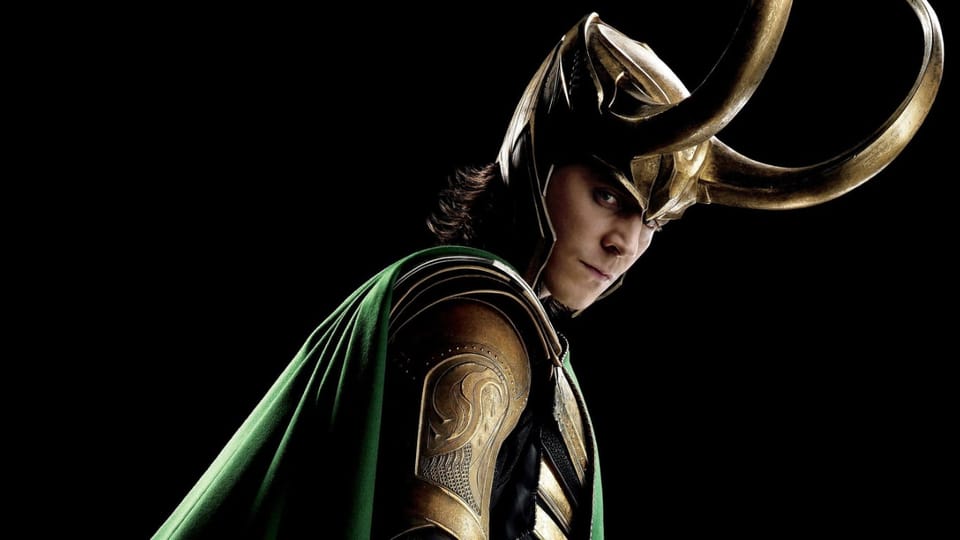Norse Myths and the Rising Popularity of Loki in Pagan Communities

The Norse gods ain’t your clean-cut, goody-two-shoes types. We’re talking flawed, human, and down-to-earth. And gain popularity in today’s pagan scene? Loki—the god of mischief, chaos, and, let’s not forget, transformation. This ain’t your granddaddy’s mythology; it’s raw, real, and resonates with folks who like their gods with a side of complexity. So let’s dig into why Loki’s got people hooked and how his wild story is striking a chord in this crazy, mixed-up world we live in.
Norse mythology isn’t just a bunch of old stories about gods throwing lightning bolts. No, this is a gritty, no-holds-barred saga filled with gods, giants, mystical creatures, and a whole lot of attitude. These gods? They’re far from perfect. They fall in love, get jealous, betray each other, and even meet their end. Sound familiar? Yeah, because it’s a mirror to our own messy, complicated lives.
People in today’s pagan circles are digging this vibe. They’re looking for something that feels real, something that connects them to their roots and the natural world. The Norse pantheon, with all its themes of survival, honor, and the eternal dance between chaos and order, hits all the right notes. It’s like the Viking Age never left; it just found a new audience ready to embrace its badassery and wisdom.
Now, if we’re talking Norse gods, we gotta talk Loki. This dude is the god you love to hate—or maybe hate to love. Is he a villain? A hero? The truth is, he’s neither and both. Loki’s the kind of character who keeps things interesting. He’s the trickster, the shape-shifter, the one who’s always upending the status quo. You want drama? Loki’s got you covered. He’s not just some one-dimensional troublemaker. Loki’s got layers. He’s got depth. He’s got that duality—part good, part bad—that makes him relatable in a way that’s kinda scary. People are drawn to him because, let’s face it, life is chaos. It’s unpredictable, and Loki gets that. He lives that. And in a world where change is the only constant, who better to turn to than the god who embodies it?
So why are more and more modern pagans calling on Loki? Let’s break it down.
- Embracing the Shadow Self
Look, nobody’s perfect. We all got that dark side we’d rather not show at dinner parties. But Loki? He’s the god of embracing that shadow self. He doesn’t hide from the chaos; he thrives in it. Modern pagans are digging deep into all parts of themselves, not just the shiny, happy bits, and Loki is the poster child for that kind of work. - Champion of the Outcasts
Loki’s not your run-of-the-mill deity. He’s the god of outsiders, the ones who don’t fit into neat little boxes. That’s why he’s a favorite among people who feel on the fringes of society—those who see in him a kindred spirit, a god who understands that life is messy, identity is fluid, and norms are meant to be questioned. - Catalyst for Change
Change isn’t just a thing; it’s the thing. And Loki? He’s the master of it. He’s the one who shakes things up, who forces everyone—gods and mortals alike—to face the uncomfortable truths and roll with the punches. In a world where everything seems to be shifting under our feet, Loki’s the god people turn to for a little bit of that adaptable, resilient energy. - Questioning Authority
Here’s the kicker—Loki’s got a thing for sticking it to the man. He doesn’t just play by his own rules; he rewrites the whole damn book. For those who are skeptical of top-down hierarchies and dogmatic beliefs, Loki’s the guy you want in your corner. He’s all about challenging the system, tearing down what doesn’t work, and building something new from the ashes.
In today’s pagan practices, worshipping Loki isn’t about lighting candles and reciting hymns (though, hey, if that’s your thing, more power to you). It’s about getting creative, getting real, and getting a little bit wild. Some folks make offerings, sure, but others express Loki’s spirit through storytelling, art, or even a bit of good old-fashioned rebellion. Working with Loki means embracing the unexpected, stepping into the unknown, and maybe, just maybe, causing a little chaos of your own.
Loki’s popularity is also a sign of the times. People are moving away from rigid structures and embracing a more fluid approach to spirituality. They’re blending traditions, experimenting with practices, and generally doing things their way—just like Loki would want.
Loki’s rise in modern pagan communities isn’t just a trend; it’s a movement. It’s a shift towards a spirituality that’s as dynamic and complex as the people who practice it. Loki, with all his chaos and creativity, is the perfect symbol for this brave new world of spiritual exploration. He’s a reminder that embracing the full spectrum of who we are—the light, the dark, the order, and the chaos—isn’t just okay; it’s necessary. So if you’re feeling a little rebellious, a little wild, and a whole lot ready to shake things up, you might just find a friend in Loki. Because in a world that’s constantly changing, sometimes it’s the tricksters who hold the most truth.
